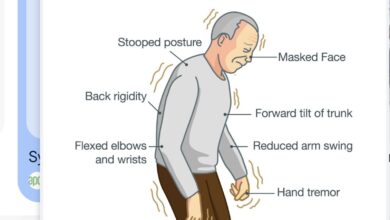
Why, of course, he/she is! Or should be. Family physicians have a responsibility to their patients to educate themselves to the point of being familiar with and comfortable with recognizing the origin and cause of just about any set of signs or symptoms. It is a non-caring professional who does not have the insight, knowledge, and degree of curiosity to determine what direction he/she must go to make the correct diagnosis. Dementias are sneaky, subtle, often disguised by patients who live in a world of denial. The physician must maintain a level of suspicion toward every symptom he\she is presented.
Medical Economics magazine recently published a survey administered to primary care physicians asking if these doctors were “comfortable conducting brief cognitive function assessments for mild cognitive impairment among appropriate patients in their practice.” Unfortunately, only 63% said “yes.” WOW! That number should be 100%, and if physicians were fulfilling their professional responsibility it would be. I can’t imagine a primary care doctor who is not prepared to deal with such a situation. You are the “first point of contact” most patients have with the health care system. Being unprepared to evaluate a cognitively impaired patient borders on incompetence and negligence.
Of those physicians who said “yes,” only 21% said they felt very confident in their ability to discriminate between aging and true dementia. Forty-seven percent were “somewhat confident” of their ability. Reasons for not testing cognitive function were “lack of time-41%, lack of confidence in interpreting results-13%, lack of confidence in providing appropriate diagnostic follow-up-15%, uncertainty about current guidelines-13%, lack of guidelines for primary care-18%; very flimsy excuses all! If you lack the confidence and the time to evaluate such patients, your priorities need re-evaluation, and you need to do some continuing medical education.
Also surveyed was the method of evaluation preferred by family doctors. Forty-four percent used the Mini Cognitive Assessment Instrument (the Mini-Cog), while 38% used the Folstein Mini-Mental Status Exam (the MMSE). That means all but a small percentage used the main evaluation tools. Those tools are written about elsewhere in this blog.
Dr. G’s Opinion: I’m somewhat appalled at the cavalier attitude many family physicians have about their comfort evaluating the cognitively impaired patient. That’s your job—just like being able to recognize an abnormal EKG. You have to know how to do it. It just shows how today’s family physicians are ill-prepared (at least 37% are) and don’t seem to be concerned about the cognitively impaired.
Reference: “Knowledge of Screening for Cognitive Decline” Med Econ 2025 September:31-33.




